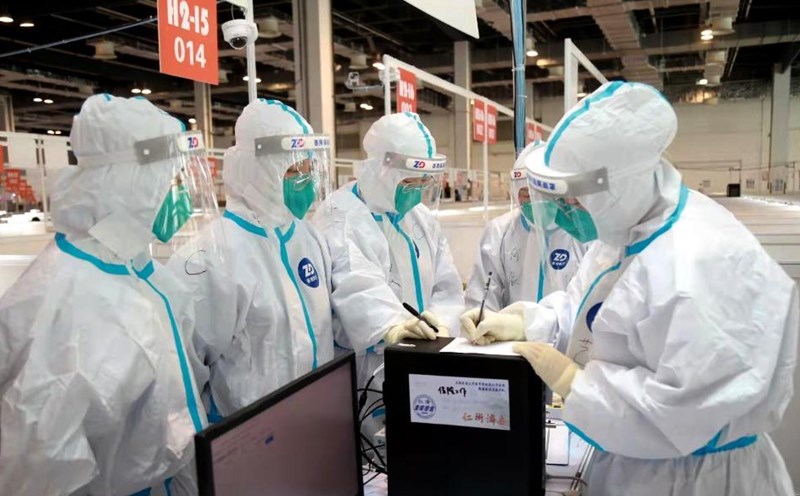According to Reuters, US President Donald Trump suddenly announced that he would consider reducing tariffs on Chinese goods to ensure Beijing supports a deal to sell the TikTok application to a company in the US.
Speaking at the Department of Transport on March 26 (local time), Mr. Trump said: "Each tariff percentage point is worth more than TikTok, so to get China to agree, I may reduce the tax."
He also affirmed that a preliminary agreement on TikTok could be reached next week, but if it is not completed, Washington can still extend the negotiation time.
Previously, in early March, Mr. Trump signed a decree increasing tariffs by 10% on imports from China, effective from March 4. If including the previous decree, the tax rate on Chinese goods could be up to 20%.
In response, China announced retaliatory measures, including imposing additional 10-15% tariffs on some imports from the US from March 10. Products such as soybeans, beef, pork, seafood, fruits and vegetables are subject to a tax of 10%, while chicken, wheat, corn and cotton are subject to a tax of 15%.
At the same time, the Chinese Ministry of Commerce also added 15 US enterprises to the list of export restrictions and strongly opposed Washington's unilateral tax increase.
On the same day, March 26, at an event announcing new tariffs on imported cars, Mr. Trump announced that he would impose a 25% tax rate from February 2 on all types of cars not manufactured in the US. He emphasized: This is the beginning of Liberation Day in the United States. We will force companies to return money after many years of taking away the work and wealth of the country".
According to Mr. Trump's statement, spare parts and equipment used to assemble US-made cars will not be taxed, in order to encourage foreign automakers to move production to the US and promote long-term employment.
However, experts in the auto industry predict that this move will push up car prices and limit production. Last year, the US imported $474 billion worth of cars, of which passenger cars accounted for $220 billion. The largest suppliers of cars to the US include Mexico, Japan, South Korea, Canada and Germany.
President Trump also stressed that this is not the final round of tariffs. He mentioned the possibility of applying tariffs on semiconductors and wood, and is expected to announce the counterpart tariffs for each trading partner on April 2.












